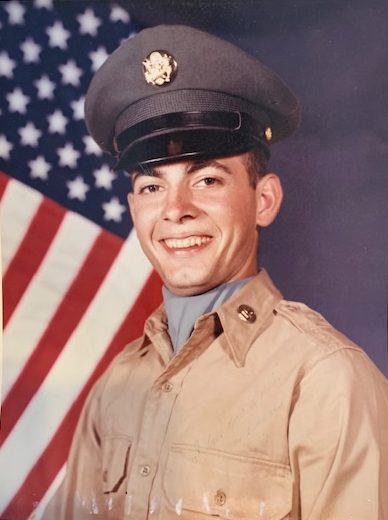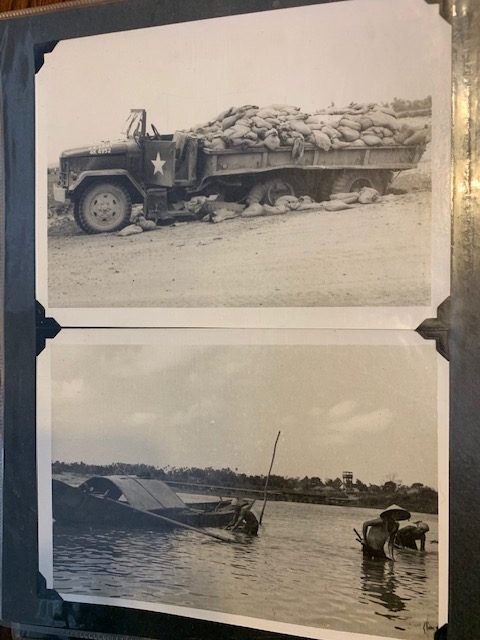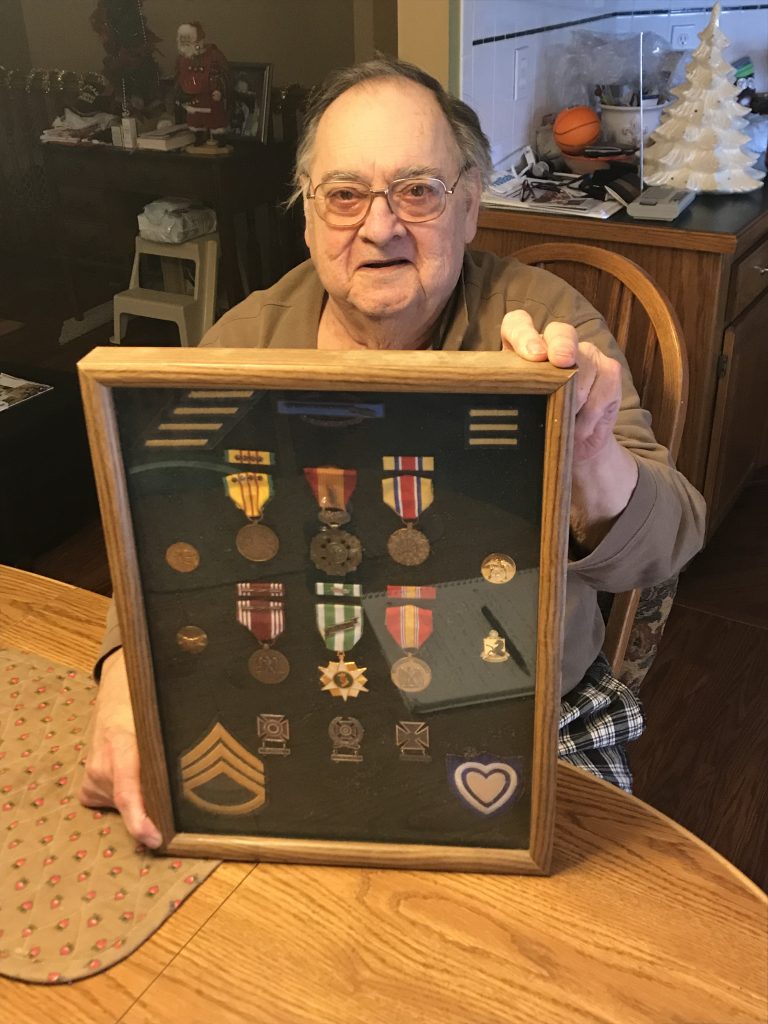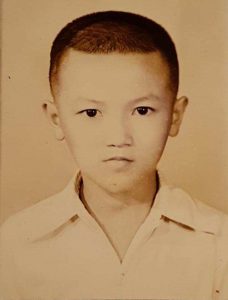How many years have we waited?
How many days and nights have come and gone?
How many have we sacrificed?
For the ones that stood on our soil, in the name of righteousness.
How would you answer my question?
My friend, my enemy.
Driven by ignorance, they speak lies of us.
Driven by fantasies, they speak ill of us.
What else would be there to offer them?
Bitter truth? Virtuous suffering?
What say you,
My friend, my enemy.
I showed them my home, yet they won’t accept it.
I showed them my photographs, yet they deny them.
I showed them who I am, yet they do not see me.
I am nothing more than what they think.
How many years must we wait?
How many days and nights must come and go?
How many must we sacrifice?
Ah, my friend, my enemy. Must you look at me that way?
Please, smile.
Is it not something heroes do?
The interview with Khanh Bui sparked the fire for the creation of this poem. Khanh is a 24-year-old Vietnamese UMKC graduate who has lived in Kansas City, MO for the past 5 years. He has faced many challenges, from personal to legal. One of them is the generalization labeled on him based on his race and ethnicity. Something that he must face daily. The poem expresses the frustration, and anxiety he feels when those who do not know him label him in any way they want, but at the same time, the peace that he was able to develop throughout the years. “… I have learned to adapt to it. I have developed thick skin against those comments.” (18:35).
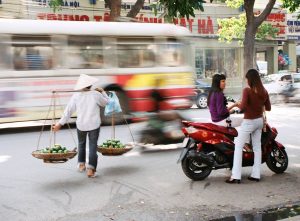
Image: © kk nationsonline.org
https://www.nationsonline.org/oneworld/vietnam.htm
‘My Friend, My Enemy’ is a title I found fitting to represent Khanh’s relationship and feelings with those that surround him. The people live and coexist peacefully with Khanh, but deep inside, there is still the lingering thought of the Vietnam War, like a scar that has fully healed but will never leave. “Whenever I meet new people in the U.S, and I say where I’m from. I get polarizing reactions. It’s either fascination, or it is negative…” (1:27).

Image: © kk nationsonline.org
https://www.nationsonline.org/oneworld/vietnam.htm
The misconception of Vietnam being a war-zone up to this day is not the only example of improper historical education in the United States. To this day, there are still many that believe that the United States had taken the lead on World War II against the Axis Powers. It was the Soviet Union, with the aid of its allies, including the United States, that led the final push against Germany, thus ending the conflict.
As someone who is also from a different country, I can relate to Khanh’s frustration due to the stereotypes labeled on him based on his race and ethnicity. But just like him, I have been able to develop a thick skin against such labels.

